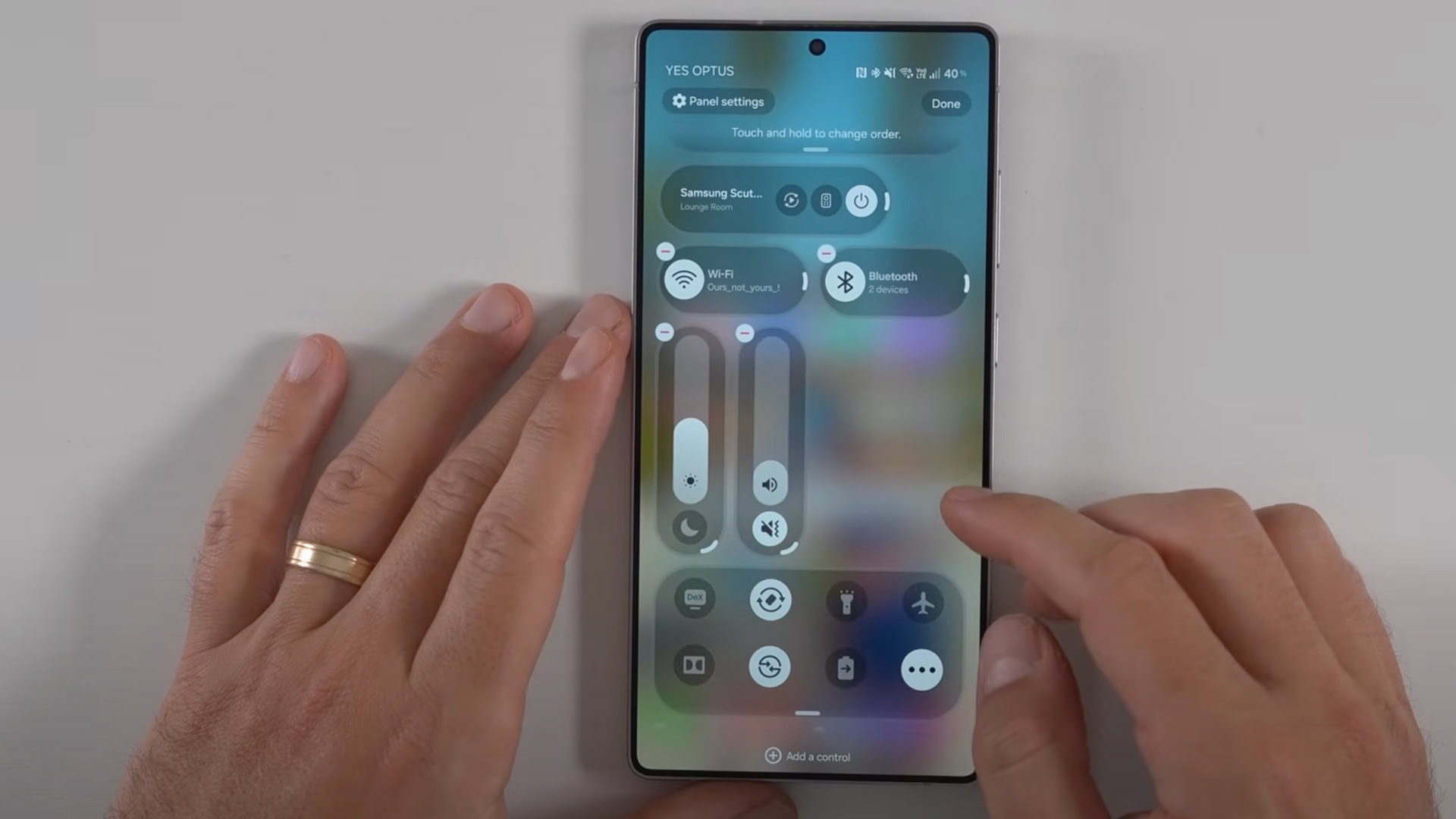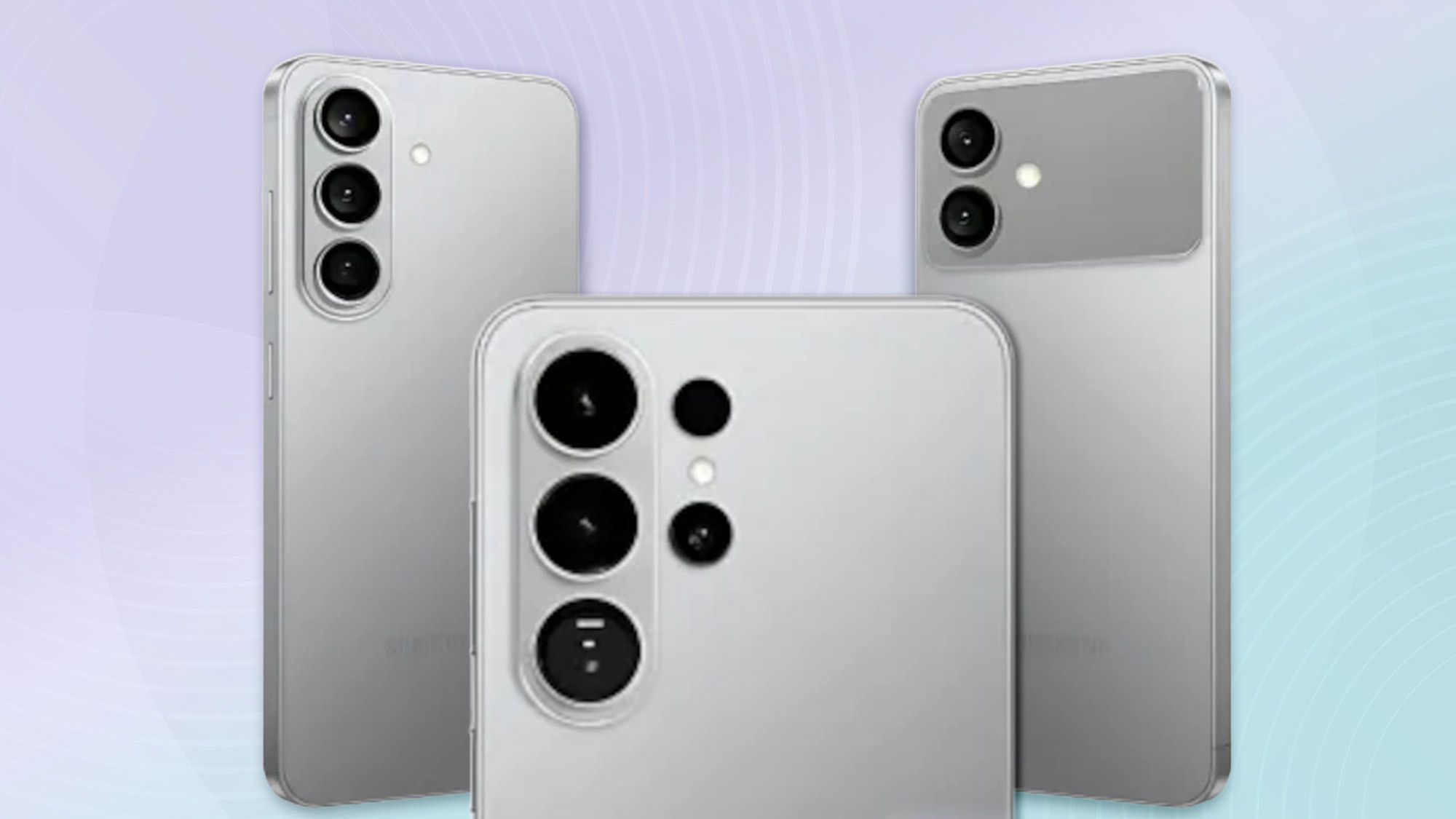For decades now, tech companies have been promising us a future straight out of Star Trek,
Instead of being confined to phones and computers, our digital lives would extend to a network of screens all around us, from connected TVs and smart fridges to kitchen countertop displays and car dashboards. The tech companies called this “ambient computing” or “ubiquitous computing” and extolled how it would get technology out of the way so we could focus on the real world.
Here’s what we’ve got instead:
They got the ambient part right, in that we’ve now surrounded ourselves with screens we don’t control. But instead of blending into the background, the screens are now doing the opposite, distracting us with ads in hopes of padding their makers’ bottom lines.
Promises made
Ambient computing got its start in a more idealistic setting, in the late 1980s at Xerox Palo Alto Research Center. Mark Weiser, then the head of PARC’s computer science lab (and later its chief technology officer) used the term “ubiquitous computing” to describe how an array of screens in various sizes—”tabs, pads and boards”—would all work in tandem to help people accomplish everyday tasks.
“Machines that fit the human environment, instead of forcing humans to enter theirs, will make using a computer as refreshing as taking a walk in the woods,” he wrote.
Tech companies started dusting off the idea a couple decades later, as lightweight processors, low-cost displays, and widespread internet connectivity made ambient computing more feasible.
In 2013, for instance, Microsoft opened an “Envisioning Center” to test its ambient computing ideas, including head-to-toe touchscreens for kitchens and common areas. Cisco demoed a “Second Screen 2.0” concept, with screens that could blend into the surrounding walls and provide personalized information as needed.
Samsung had an even bolder vision, releasing a “Display Centric World” concept video full of rollable, foldable, and transparent displays. “Technology begins with a love for you,” the video declared, before showing how Samsung’s screens would someday wrap around coffee cups, unfurl from night stands, light up inside car windows, and cover classroom walls.
The term “ambient computing” took hold a few years later. In 2017, the tech columnist Walt Mossberg used the term to describe technology that got out of your way, and pretty soon both Google and Amazon were running with it.
“The technology just fades into the background when you don’t need it,” Rick Osterloh, Google’s SVP of devices and services, declared during a 2019 keynote. He continued to describe Google’s constellation of connected phones, watches, speakers, and smart displays as “ambient computing” in the years that followed, and in 2022 called it the company’s “north star.”
Dave Limp, Amazon’s former senior vice president of devices and services favored the similar term “ambient intelligence,” describing how cloud computing would power a network of smart gadgets from Echo speakers to Fire TV streaming players. An Amazon Developer blog post from 2021 declared that “ambient is the future,” and would “make life easier and better without getting in your way.”
Once the stuff of imagination, ambient computing had arrived in earnest, but there was a problem: The utopian ideal was at odds with how these companies make money.
Cheap screens you can’t control
It’s not enough to merely sell the device, be it a smart speaker, connected TV, or fridge with a built-in screen. Instead, tech companies expect these devices to generate revenue over time through ads or subscriptions. In some cases they sell these products at aggressively low prices in hopes of recouping the investment later.
Meanwhile, the software that runs on these inexpensive screens provide far less control than a computer or even a phone. These are increasingly dumb terminals with software controlled through the cloud, which means you have little recourse when that software turns against you. While you can swap out the search engine on your computer with one that doesn’t fill the screen with ads, no such alternative exists when your smart display starts cycling through banner ads or using voice responses to upsell shopping items.
The hardware isn’t exactly simple to replace, either. You might be comfortable tossing out a single smart display or speaker, but what if you’ve filled your home with them and built an entire smart home system around them? And what happens when your TVs, fridges, and car dashboards become digital billboards well?
With all this in mind, those flashy Samsung and Microsoft concept videos from the early 2010s take on a different flavor. These companies sold us on a digital utopia powered by pervasive screens and connected software without ever explaining how they’d pay for it.
Now that we’re surrounded ourselves with the technology to make it possible, the bill is finally coming due.
The early-rate deadline for Fast Company’s World Changing Ideas Awards is Friday, November 14, at 11:59 pm PT. Apply today.










